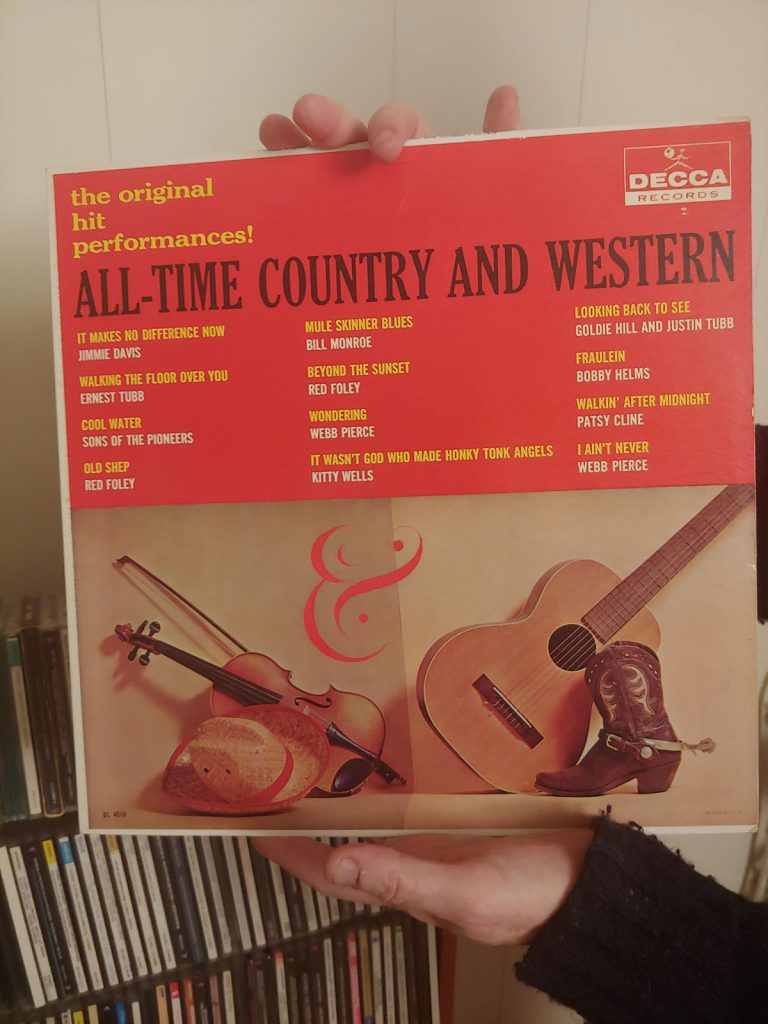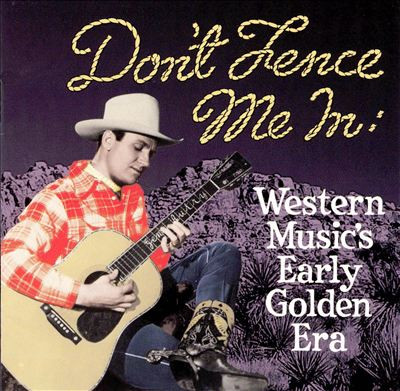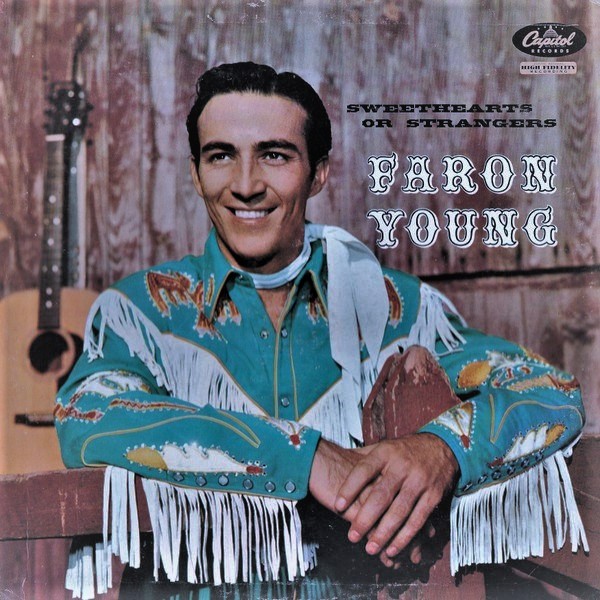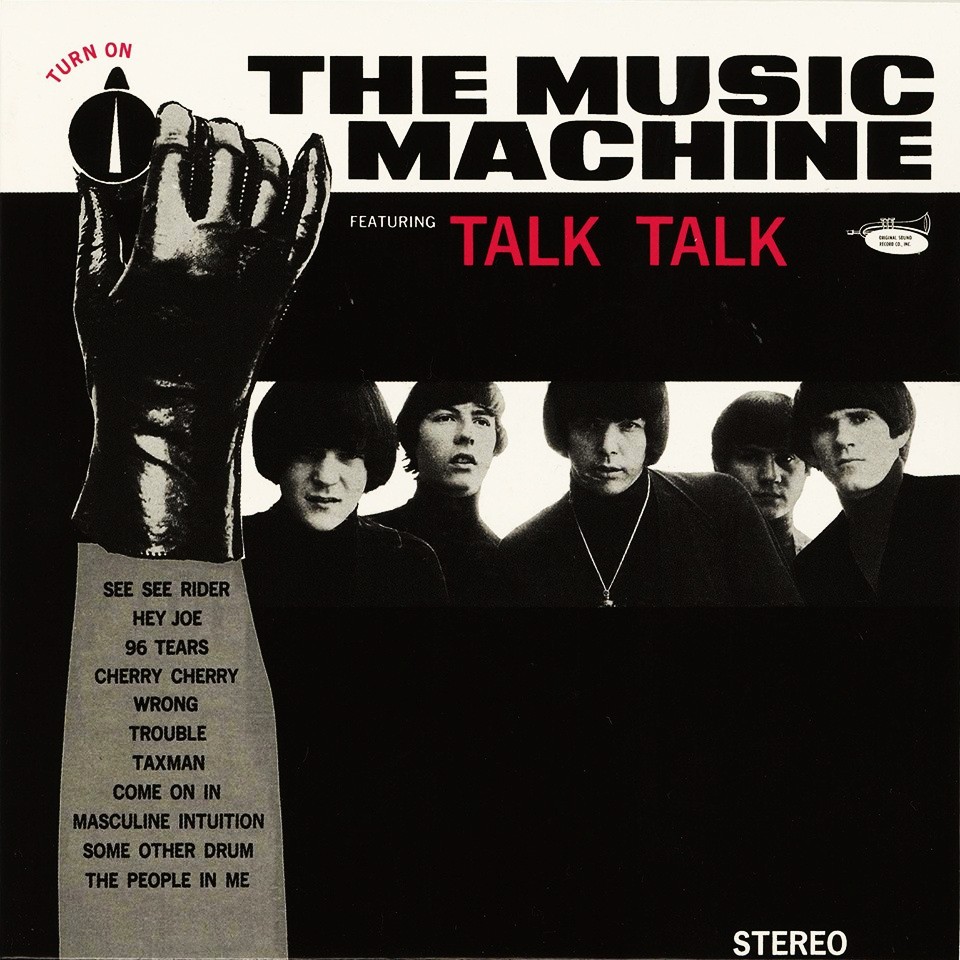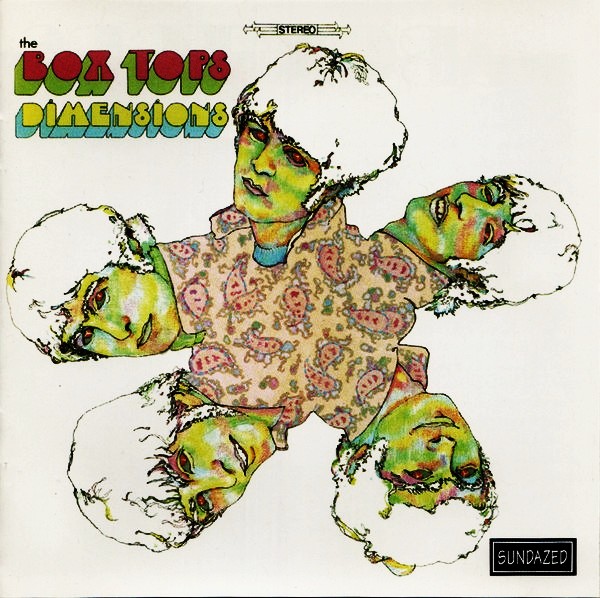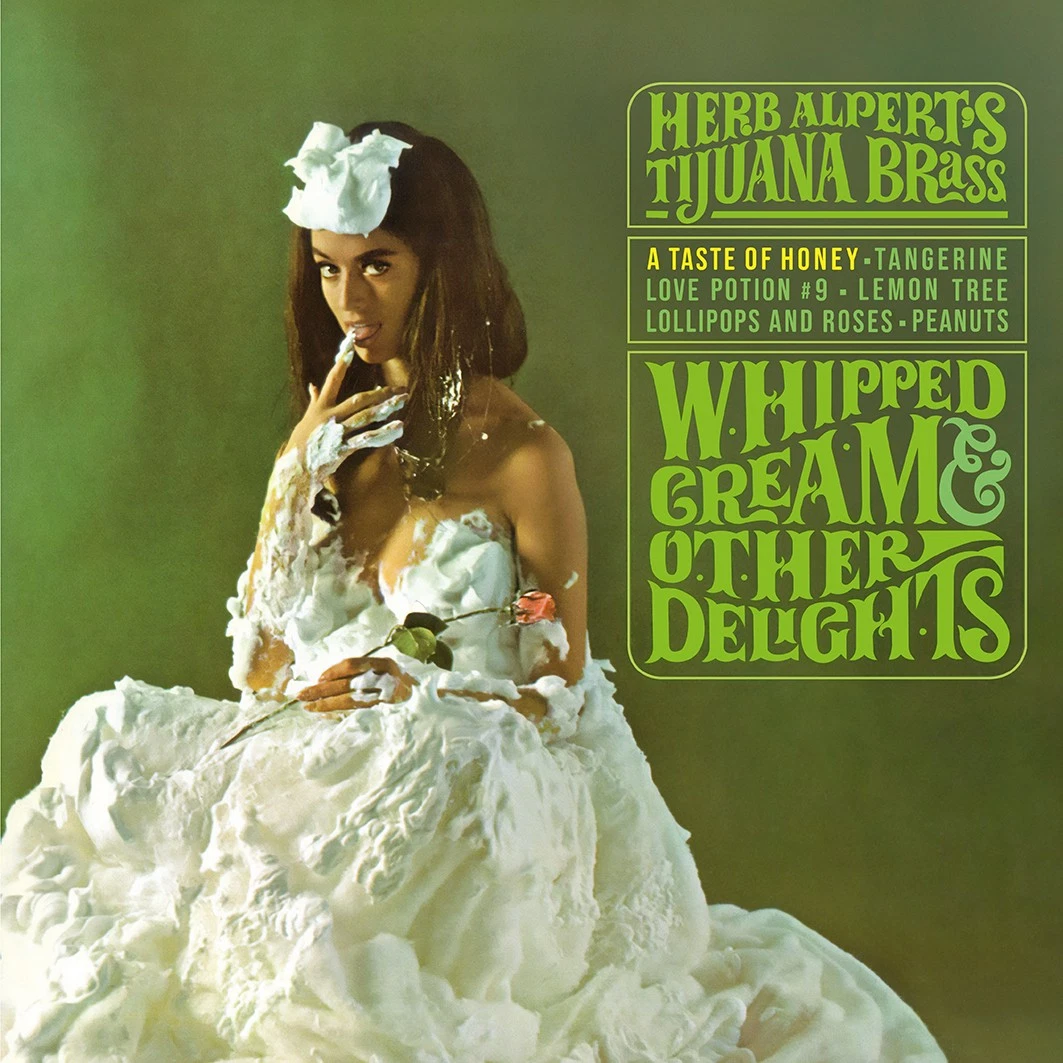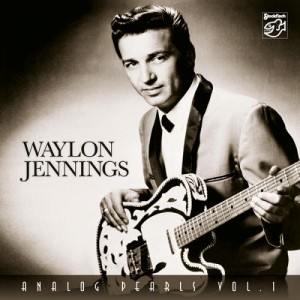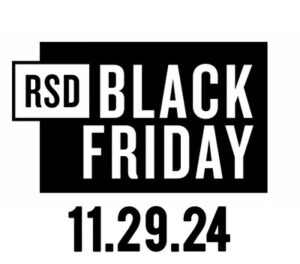I own a lot of albums, and my use of the word "albums" means LPs and CDs. Most of them bring me tons of pleasure, but I also keep a few albums for reasons other than pleasure. I find Miles Davis uniquely irritating, and LP-era Ellington turgid, but since I like to cruise in the high end lane, the CDs of Kind Of Blue and Jazz Party In Stereo kind of have a purpose. I also own a number of rock, jazz, and country multi-artist compilations, again on LPs and CDs, and today I'm elaborating on two of those compilations, and the titles I chose are country LPs. If you collect fifties and sixties country music, which I used to do fanatically, and do it with an audiophile bias, you will need to own a few compilation LPs. These multi-artist collections, such as Columbia's Country Gold, Country Love, and Down A Country Road, feature hit and near-hit singles, and they've been effective at filling in the cracks, meaning the missing songs, within my music collection. And, as was often the case for me, two to four decent cuts is all these albums are good for, but those two to four cuts are generally really good, and the sound is usually fantastic.
Big Country Hits (RCA LSP 3606) is one of the numerous country collections that RCA issued in the 60s. These LPs offered attractive jackets, and an easy-to-swallow taste of the Nashville magic. Big Country Hits was issued in 1966, and I'm guessing that it was released sometime in the fall, because it opens with "Snowflake," a really cool Christmas song by the great Jim Reeves (1923-1964). The history behind "Snowflake" is at best flakey. Reeves recorded it on 10/15/1959, and this date suggests that it was specifically recorded for the Christmas season, but like so many of Reeves' recordings it was released posthumously. The question I raise is this: Why did RCA wait so long to release it? Although I can't answer the question, I can tell you this: I love it, and it sounds great. The punctuated acoustic rhythm guitar, Floyd Cramer's distinctive piano, the dreamy Anita Kerr Singers, and Gentlemen Jim's resonant vocals, is a very tasty combination, and the sound, courtesy of Bill Porter, isn't too shabby either. Side two opens with Chet Atkins' 1965 rework of "Yakety Sax," "Yakety Axe." Honesty, nobody needs Yakety-anything, but here it lies, and Chet Atkins' string bending is irresistible. I also like side two cut four, because it's a catchy-sounding 1966 single by the truly great Waylon Jennings, and it's called "Time To Bum Again. Waylon was born the edgy outlaw, but in the mid 60s his producer, Chet Atkins, was looking for the right material to suit this unusual voice. It's been noted that Waylon wasn't pleased with the folk-flavored country-pop that he recorded in the 60s, and based on what I've heard I agree with Waylon, but this cut is delightful. I wish I could say nice things about the other cuts, as they're by extremely talented people, like Connie Smith, Don Gibson, and Bobby Bare, but they just aren't very good.
This next album is an even better collection, and more of a retro-lover's pleasure, and it's called All Time Country And Western (Decca DL1040). It was released in 1960 and it's a wonderful mono LP. By now, the news about high end mono moving coils has reached most audiophiles, and the news inadvertently tells us that mono isn't such a bad thing, and I'm here to tell you that mono is a really good with stereo cartridges, provided you blow the cobwebs off your mono switch. Side one opens with "It Makes No Difference Now" by Jimmie Davis. This doesn't do much for me, so I always start with the much better cut two which is Ernest Tubb's 1941 recording of "I'm Walking The Floor Over You." Not only is this a really great song, Tubb's voice sounds many cigarettes younger than it did in the 50s and 60s. However, what really sets this cut apart from its contemporaries is the pioneering use of the electric lead guitar, a first for country music, played by Faye Smitty Smith, most likely through an Epiphone amp. Cut five is Bill Monroe's roof-raising second version of Mule Skinner Blues from 1950. Monroe never played rock and roll, but his tunes appealed to the country boys who rocked, like that kid named Elvis. Side one closes with Red Foley's wonderful interpretation of the gospel classic, "Beyond The Sunset," first issued on a 7" EP in 1955. I like Foley a lot, and so will you when you hear how he caresses these gentle words. Side two packs some serious action on cut two with the queen of country music, Kitty Wells singing her 1952 smash hit, "It Wasn't God Who Made Honky Tonk Angels." Country singing doesn't get any better than Kitty, but it can be equaled, and on cut five Patsy Cline's does it with her first recording of "Walking After Midnight," recorded in 1957.
So, what does the old Decca LP sound like? The answer is quite good, that is on the above-mentioned tracks. "Walking The Floor Over You'' sounds better than you'd ever expect a 1941 cowboy record to sound. A clean 78 single was sourced for the master tape, as I guess the original metal part couldn't be found, and this transfer is from a much cleaner disc than the one used for the Time Life CD series. In a nutshell, the sound is clear, clean, and easy to enjoy. Those same words apply to the Bill Monroe and Red Foley cuts. The Kitty Wells and Patsy Cline cuts on side two sound even better. Heck, they could be demo material for your new mono cartridge!
As I said, owning compilations like these two are an effective way to fill in the cracks of an otherwise extensive music collection. Record stores rarely want more than $5 for LP compilations, and garage sales want even less. Very often a master tape will find its way onto a cut or two. (Sometimes even more!) I love the fact that great songs, and really great sound can be found on these forgotten albums. If you're the type who only plays entire sides of LPs, multi-artist compilations are not for you. On the other hand, if you're like me, and you enjoy hearing two or three songs sounding better than you've ever heard them, then you might already have albums, like Country Love, Big Country Hits, or even this album in your shelf-devouring collection.





